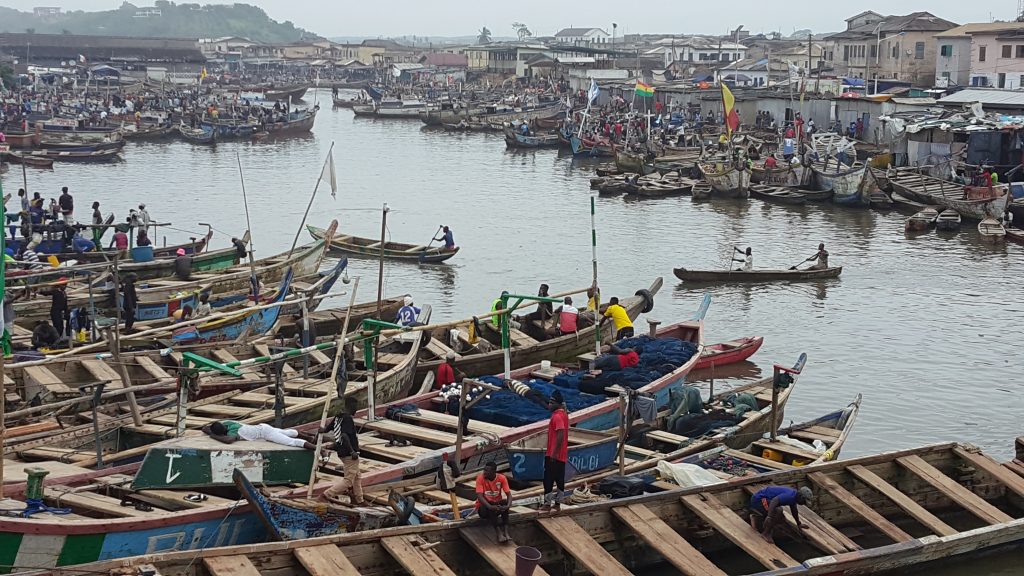
Charis Developers and Consultants is committed to promoting sustainability and social responsibility in various sectors, including the fishing industry in Ghana. The fishing industry in Ghana has been facing challenges due to the high cost and limited availability of premix fuel, which has led to fishermen using petrol instead, resulting in environmental pollution and increased operating costs. Our research aims to introduce a new product, a conversion kit, to the Ghanaian market that will convert fishing boats from premix fuel engines to LPG engines, reducing the environmental impact and operating costs.
Our project research and support areas from GS Hub include market research and social science research. We will conduct a market analysis to understand the threats and opportunities in bringing the new product to market. We will evaluate different LPG conversion kit options and assess the availability of LPG in Ghana, where the boats will be operating, and develop a plan for refuelling the boats with LPG. Our social science research will focus on how the rural poor and fishermen will benefit from this product, and what incentive structures may be necessary to increase the usage of the product.
The benefits of this product to the fishing industry in Ghana are numerous. Firstly, the use of LPG is generally less expensive than petrol, which can lead to significant cost savings for boat operators, reducing the cost of fish in Ghana. Secondly, LPG burns cleaner than petrol, producing fewer harmful emissions such as carbon monoxide and particulate matter, resulting in improved air quality. Thirdly, LPG burns cleaner than petrol, resulting in reduced engine wear and tear and longer engine life. Lastly, LPG is already available in Ghana and sold in filling stations, making it a convenient and accessible fuel source for boat operators.
However, we understand that there may be challenges in the implementation of this project. Technical difficulties in installing the LPG conversion kits, the need to train technicians for the engine conversion process, the need to train boat operators on the use of LPG engines, and the potential for delays in procuring and installing the conversion kits are some of the potential challenges we will address in our research.
Overall, this business opportunity emphasizes our commitment to promoting sustainability, social responsibility, and governance. The project seeks to reduce carbon emissions, air and water pollution, and the reliance on petrol, while also enhancing stakeholder satisfaction, improving health and safety, and ensuring compliance with relevant regulations. We believe that the fishing industry in Ghana can benefit greatly from this product, and we are committed to providing the necessary research and support to ensure its successful implementation.